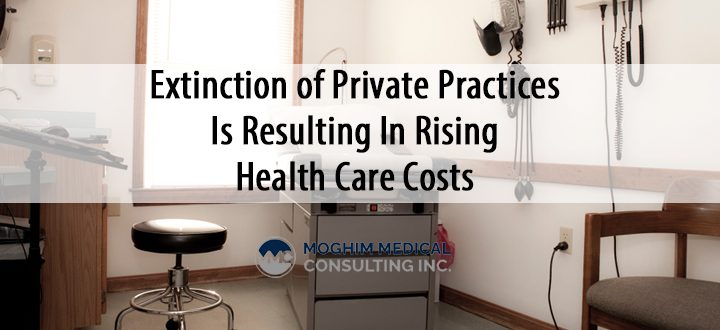
How to Get Started as a Locum Tenens Provider
Whether you are a newly minted physician or a veteran, locum tenens positions may be the ideal career opportunity for you. From the Latin term for “placeholder,” locum tenens is a temporary position. Most health care facilities utilize locum tenens providers for many reasons (i.e. vacation coverage, increased volume, long-term needs, etc.). And with the physician shortage crisis, the need for locum tenens continues to rise. This has some powerful incentives for locum tenens providers, including: Free travel and lodging Limited administrative duties Top-notch compensation Flexible scheduling – you choose where and when you want work Tax benefits for being an independent contractor Enhance skill-sets while experiencing various healthcare settings Supplemental income – pick up a weekend or call shift for additional income Locum to perm opportunities – try it…









